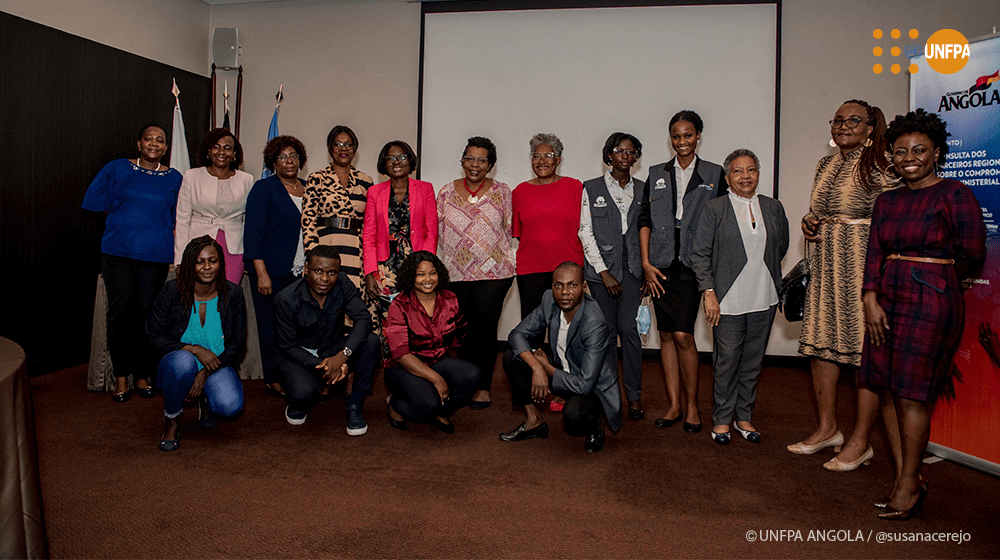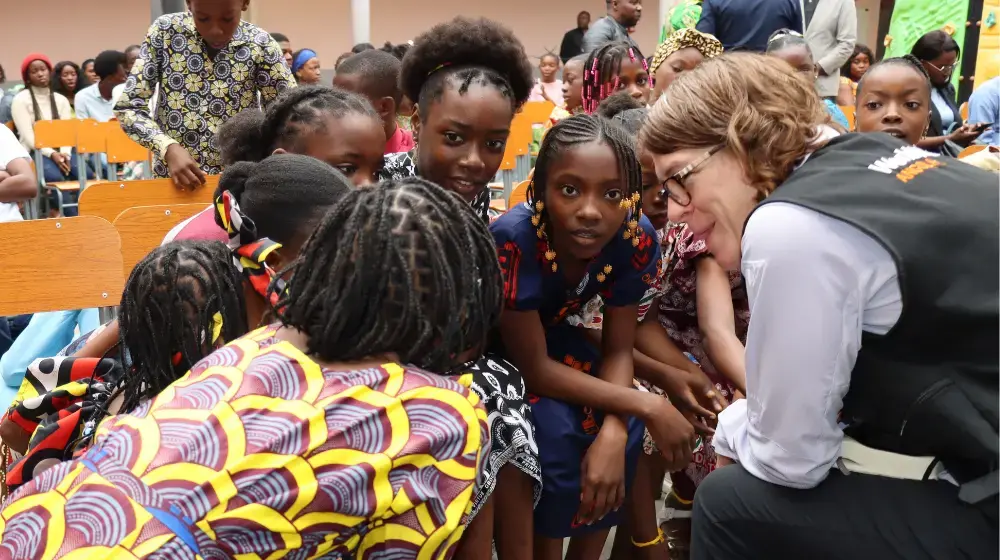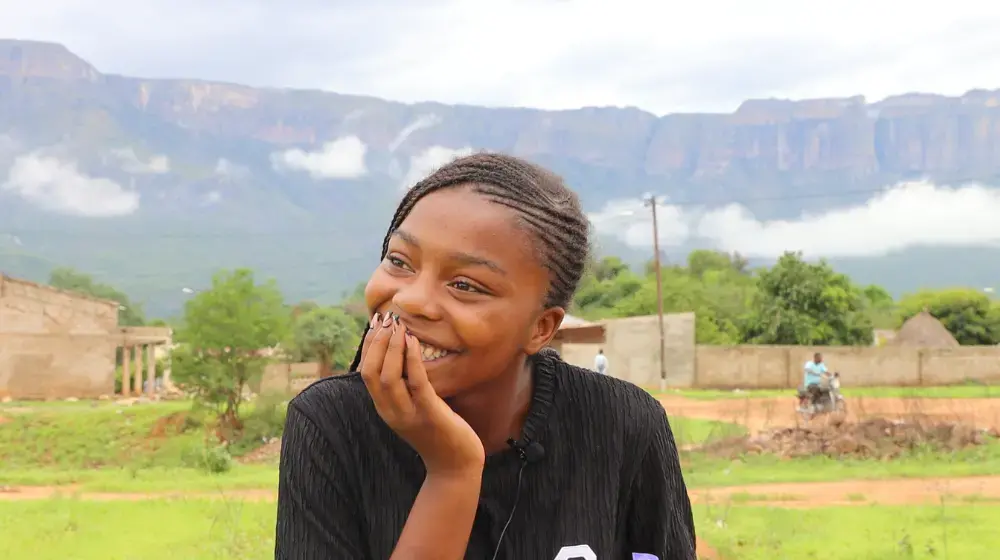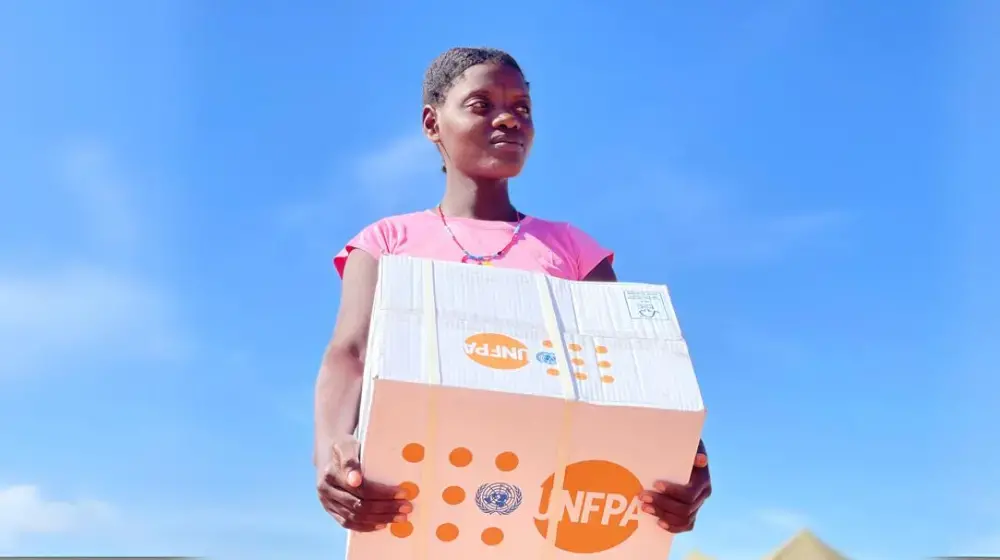Angola participates in a conference by SADC and EAC Inter-Ministerial Commitment on Comprehensive Sexuality Education in Africa
The Southern African Development Community (SADC) and the East African Community (EAC) organized a regional consultation on the Eastern and Southern Africa Inter-Ministerial Commitment on Comprehensive Sex Education (ESA) on 11 and 12 October. Angolan representatives connected to the meeting via Zoom at the Hotel Trópico, with support from the United Nations Population Fund (UNFPA).
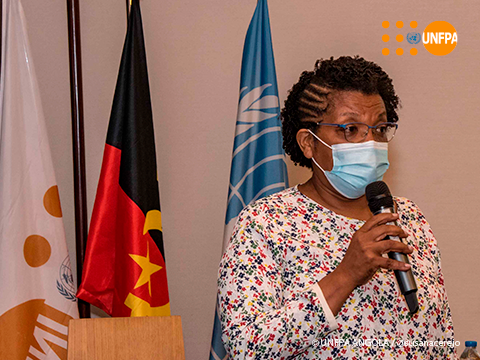
The consultation of regional partners on the Inter-Ministerial Commitment on ESA took a hybrid approach. The national and regional teams physically met at their respective locations, virtually connecting to the meeting. In Angola, UNFPA is the focal point for organizing the event, which brought together members of the Ministries of Education, Youth and Sports, Health, Social Action, Family and Women's Promotion, United Nations agencies and representatives of civil society and groups at the Hotel Trópico. of young people.
During the meeting, participants discussed the results of the ESA Commitment Assessment intending to define the main thematic issues that will align the new Commitment for the period 2021 to 2030. The challenges already identified observe the need for a redoubled effort to facilitate access to sexual and reproductive health services to young people to reduce new HIV infections (by 2020, nearly half of new global infections occurred in Eastern and Southern Africa).
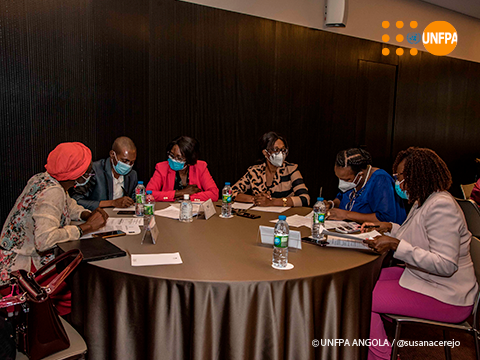
On the table was also the discussion of strategies to prevent unintended pregnancies among children and young people and the need for countries to develop, align or enact laws that protect young people from sexual and gender-based violence. Promoting access to sexual and reproductive health services for young people without the need for third-party consent and eliminating early and child marriage were also important issues to be discussed during the two-day event. Whereas, a high percentage of young people aged 15-19 and aged 20-24 have experienced sexual violence in the ESA region. In Angola, 8% of young women aged 20 to 24 are married before age 15 and almost 1 in 3 is married before age 18.
It was also recognized that the COVID-19 crisis increased the vulnerability of adolescents and young people, especially girls, young women and the most marginalized, which requires empowering adolescents and young people with essential and quality information on sexual and reproductive health, friendly services youth and technological solutions.
The conclusions of this meeting were fundamental to the process that will culminate in the high-level meeting of Ministers of Health, Education, Youth and Gender, who will renew the ESA Commitment at SADC and EAC level, next December. In reaffirming the ESA Commitment, policymakers across the region recognize that strategic investments in adolescent and youth health and well-being are not only a moral imperative but also generate an enormous potential for a triple dividend of adolescent health benefits. today, for the adults who will become, as well as for generations to come. The positive impact on national development, security and social justice is also unquestionable.
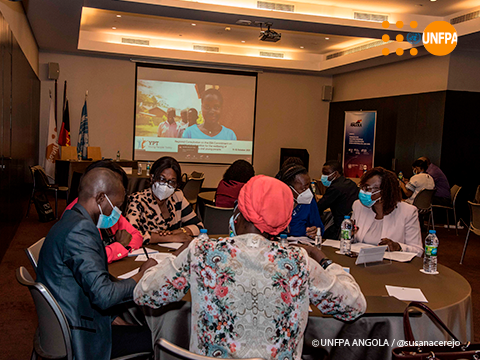
O Compromisso Interministerial para a Educação Sexual Abrangente remonta a dezembro de 2013, quando os Ministros da Educação e Saúde de 20 países da África Oriental e Meridional se comprometeram a expandir a ESA e os serviços de Saúde Sexual Reprodutiva para adolescentes e jovens na região para fortalecer a prevenção do HIV .
Entre outras metas alcançadas, o Compromisso ESA, com outras iniciativas regionais, foi relatado como tendo contribuído para uma redução de 30% em novas infecções por HIV na região da SADC e EAC entre 2013 e 2020.

